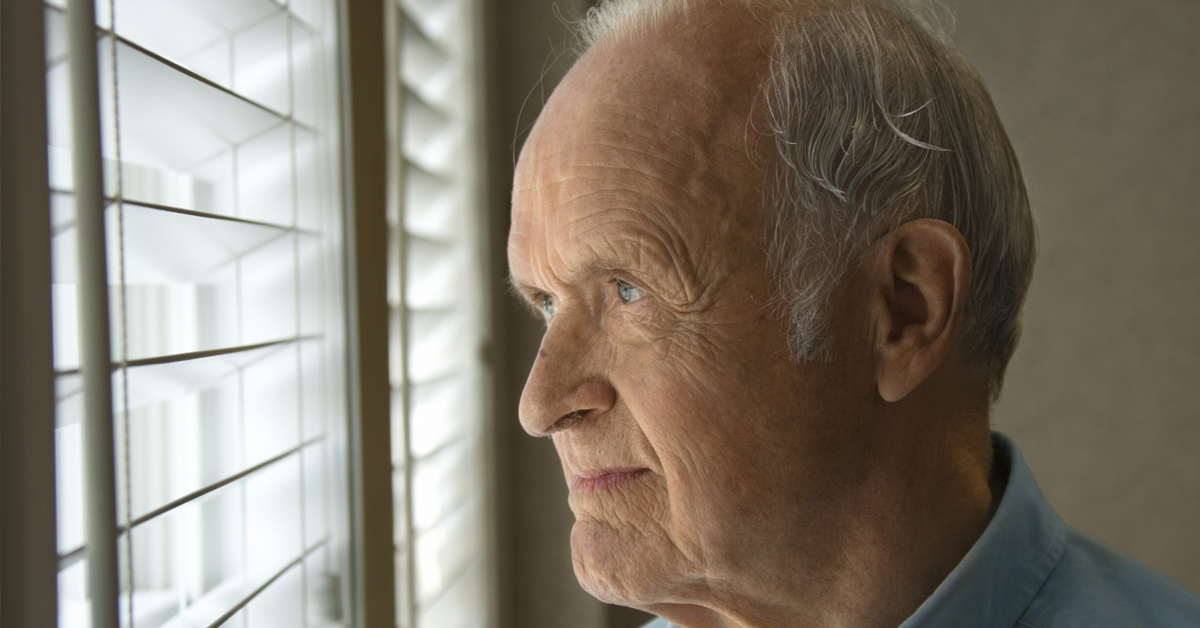
Tiredness of Life: A Growing Phenomenon Among the Elderly
Professor of Care Ethics, Els van Wijngaarden and colleagues in the Netherlands listened to a group of elderly people, who were not seriously ill, discuss a yearning to end their lives. One lady, who was 88 years old and in good health, had outlived two husbands, her siblings, most of her friends, and her only son. She said, “I don’t have any meaningful relationships left. They have all died.” She went on to say that, ”Death cannot come quickly enough.” This phenomenon is often referred to as “completed life” or “tiredness of life.”
Darker Side of Ageing
Many older adults find the meaning of life, even in old age. However, some adults, in particular those beyond the age of 70, feel that life no longer makes sense: they suffer from complications of old age, feelings of loneliness, social isolation, and fear of further decline and dependency. Many have outlived spouses, friends, siblings, and their children. Consequently, some older adults may develop a wish to die.1
In the journal The Gerontologist, Liesbeth Van Humbeeck, RN, MSc, PhD. et al, defined this phenomenon as suffering caused by the prospect of having to continue living with a very poor quality of life, not caused by a physical or psychiatric disease, and often closely associated with a death wish.2
Research into The Phenomenon
A number of older adults appear to cope less with the challenges of late life and start to lack a sense of meaning. They tend to develop the feeling that their life is not worth living anymore, and sometimes report an associated death wish.1,2
In 2020, results of a survey published in the Netherlands and Belgium reported older adults with a persistent wish to die but without severe illness. Over 32,000 Dutch citizens over the age of 55 were questioned about health, existing issues, and the nature of their death wish. Over 65% responded to the survey. About 1% of the survey respondents reported an active wish to hasten their death. The survey did not concentrate on residents in assisted-living facilities.
Conclusion
The wish to die in older people who are tired of living and the possibilities to organize a death are being currently discussed within a debate on physician-assisted suicide. Until the past few years, research into the phenomenon of people who are tired of life but not suffering from a severe depression or a life-threatening disease is lacking.
Further research into experiences and motivations underlying these specific age-related wishes to die and the existential impact of the loss-experiences seems necessary to deepen the understanding of this group of older people and for the development of policy and good care.
References
- Van Wijngaarden E, Leget C, Goossensen A. Ready to give up on life: The lived experience of elderly people who feel life is completed and no longer worth living. Social science & medicine. 2015 Aug 1;138:257-64.
- Van Humbeeck L, Dillen L, Piers R, Van Den Noortgate N. Tiredness of life in older persons: a qualitative study on nurses’ experiences of being confronted with this growing phenomenon. The Gerontologist. 2020 May 15;60(4):735-44.
- Van Wijngaarden, E., Leget, C., & Goossensen, A. (2014). Experiences and Motivations Underlying Wishes to Die in Older People Who Are Tired of Living: A Research Area in its Infancy. OMEGA – Journal of Death and Dying, 69(2), 191–216. https://doi.org/10.2190/OM.69.2.f





